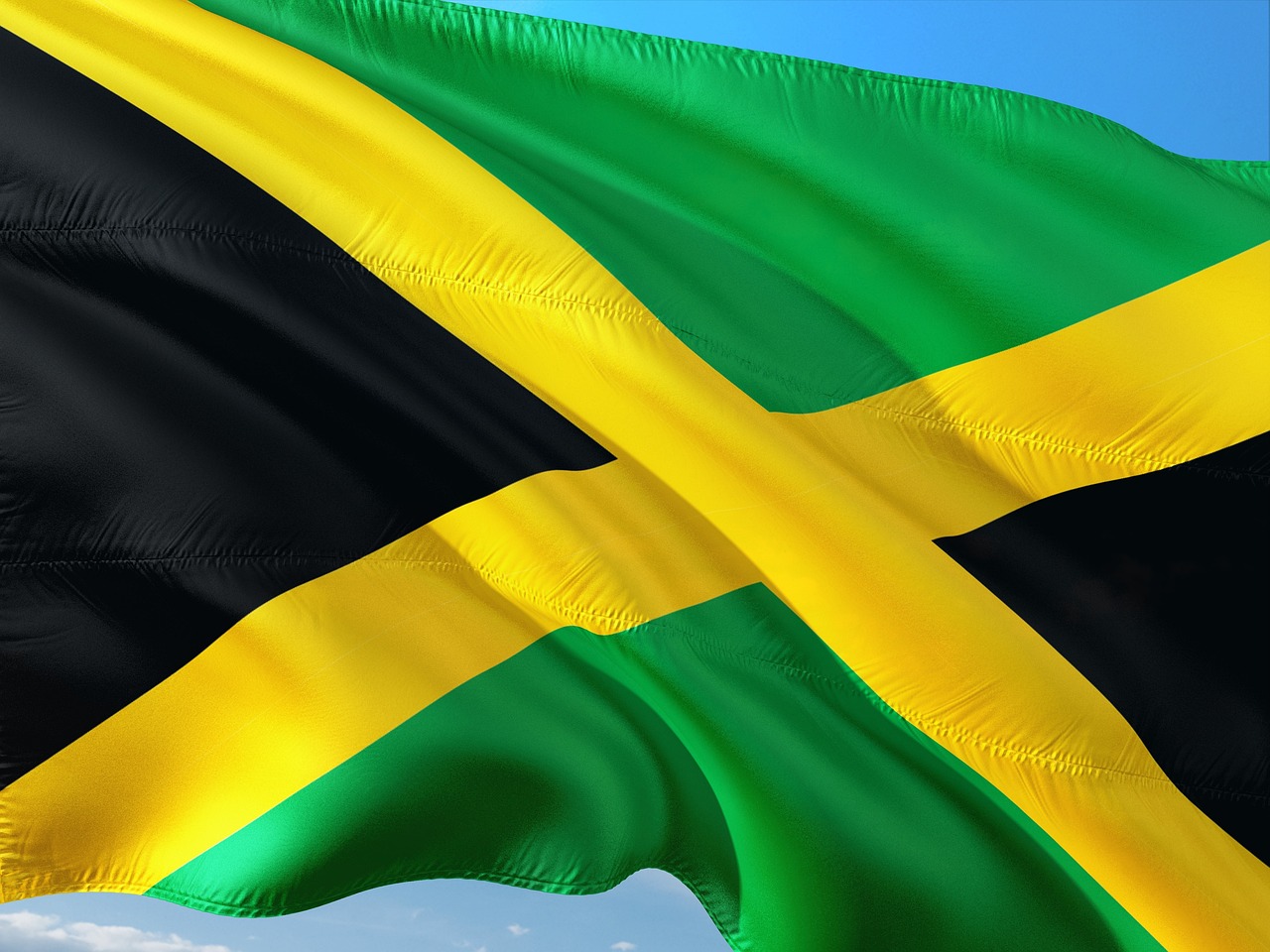As the global conversation surrounding psychedelics continues to evolve, Jamaica finds itself at the forefront of a transformative movement. With its rich history of plant medicine and a legal framework that allows for the cultivation and consumption of psilocybin mushrooms, the island nation is poised to become a leader in the burgeoning psychedelic retreat industry. As the CEO and head facilitator of MycoMeditations, I have witnessed firsthand the profound healing potential of psilocybin-assisted therapy and the unique opportunity that Jamaica presents for those seeking to explore this emerging field. Jamaica’s experience in navigating the legal, cultural, and economic aspects of the psilocybin industry serves as a valuable case study for other countries considering whether and how to integrate psychedelic therapies into their health care systems and wellness tourism markets.
The Legal Landscape
Jamaica’s relationship with psychedelics is rooted in its cultural and spiritual traditions. Unlike many countries where psilocybin is strictly prohibited, Jamaica has never outlawed the cultivation or consumption of magic mushrooms. This legal status has allowed for the growth of a vibrant community of practitioners, researchers and seekers who are dedicated to exploring the therapeutic potential of psilocybin.
In recent years, the Jamaican government has taken steps to further support the development of the psilocybin industry. The establishment of the first official Psilocybin Industry Working Group, of which I am a member, marks a significant milestone in the nation’s efforts to create a framework for the safe and responsible use of psilocybin. This group, tasked with studying production, distribution, clinics and retreats and recommending standards for the industry, represents a collaborative effort between stakeholders from various sectors, including healthcare, tourism, commerce and agriculture.
The Cultural Context
Jamaica’s embrace of psilocybin is deeply rooted in its cultural heritage. The use of plant medicines for spiritual and medicinal purposes has a long history on the island, and the incorporation of psilocybin into this tradition is a natural evolution. The Rastafari community, in particular, has long recognized the sacred nature of psychedelic plants and their potential for facilitating personal growth and spiritual awakening.
This cultural acceptance of psilocybin has created a unique environment for the development of the psychedelic retreat industry.
The Economic Potential
As the world takes notice of Jamaica’s psilocybin industry, the economic potential is becoming increasingly apparent. The global wellness tourism market, already valued at billions of dollars, is expected to continue its rapid growth in the coming years.
Jamaica, with its established tourism infrastructure and reputation as a destination, is uniquely equipped to capitalize on this opportunity. The development of the psilocybin industry has the potential to create jobs, stimulate economic growth and attract foreign investment to the island. However, it is crucial that this growth is managed responsibly, with a focus on sustainability, community involvement and equitable access for Jamaicans.
Challenges and Opportunities
While the future of Jamaica’s psilocybin industry is undeniably bright, there are challenges that must be addressed to ensure its long-term success. The need for clear regulations and standards is paramount, as the safety and well-being of those seeking psilocybin-assisted therapy must always be the top priority. The Psilocybin Industry Working Group’s efforts to establish guidelines for cultivation, processing, and administration of psilocybin are a critical step in this direction.
Jamacia Senator Saphire Longmore, a psychiatrist and chair of the Psilocybin Industry Working Group, has led the standardization and regulation of the psilocybin industry in Jamaica. Her tireless advocacy for the controlled use of psilocybin for medical and spiritual purposes has been instrumental in shaping the conversation around the future of psychedelics on the island. Longmore’s work with the technical committee, which aims to establish minimum standards for the cultivation, processing and administration of psilocybin, is a testament to her commitment to ensuring the safety and efficacy of psilocybin-assisted therapy.
Another challenge lies in ensuring that the benefits of the psilocybin industry are shared equitably among Jamaicans. As foreign investment pours in and international retreat operators establish a presence on the island, it is essential that local communities are not left behind. Collaborative partnerships between international companies and Jamaican entrepreneurs, as well as initiatives to train and employ local residents in the industry, can help to create a more inclusive and sustainable model.
Perhaps the most significant opportunity that Jamaica’s psilocybin industry presents is the potential to revolutionize mental health care. With its unique combination of legal access, cultural acceptance and natural resources, Jamaica is well-positioned to become a global hub for psychedelic research and therapy. By fostering collaboration between local and international experts, investing in clinical trials and developing innovative treatment models, Jamaica can lead the way in unlocking the transformative potential of psilocybin.
The Path Forward
As we navigate the uncharted waters of Jamaica’s psilocybin industry, it is essential that we do so with mindfulness, compassion and a commitment to the greater good. At MycoMeditations, we have seen the life-changing impact that psilocybin-assisted therapy can have on individuals struggling with mental-health challenges. We have also witnessed the power of community, as our guests form deep bonds with one another and with the island itself.
The global community continues to explore the potential of psychedelic therapies. Jamaica’s approach to building a responsible and inclusive psilocybin industry can provide valuable insights and lessons for other countries seeking to establish their own regulatory frameworks and best practices. As the industry continues to grow and evolve, it is our responsibility to ensure that we are building a sustainable, ethical and inclusive model that benefits all stakeholders.
The path forward is not without its challenges but the potential rewards are immeasurable. With each passing day, we are witnessing the dawn of a new era in mental health care, one in which the transformative power of psilocybin is harnessed for the benefit of all. As we continue on this journey, let us be guided by the wisdom of the mushrooms, the resilience of the Jamaican people and the shared hope for a future in which healing is accessible to all who seek it.
 Justin Townsend has worked as a business leader across a range of industries. Over the past 20 years, he has delved into both transpersonal and Jungian depth psychology, explored psychedelic modes of healing and developed meditation and breath work techniques, which he taught in Germany. After attending a private retreat with MycoMeditations in 2017, he saw the opportunity to combine his unique business skills with his interest in alternative healing methods. Justin joined the MycoMeditations team soon afterward, becoming partner and CEO in 2019. As a retreat facilitator, Justin draws inspiration from the profound healing he is privileged to witness and believes that psychedelics offer an exciting path forward for mental health.
Justin Townsend has worked as a business leader across a range of industries. Over the past 20 years, he has delved into both transpersonal and Jungian depth psychology, explored psychedelic modes of healing and developed meditation and breath work techniques, which he taught in Germany. After attending a private retreat with MycoMeditations in 2017, he saw the opportunity to combine his unique business skills with his interest in alternative healing methods. Justin joined the MycoMeditations team soon afterward, becoming partner and CEO in 2019. As a retreat facilitator, Justin draws inspiration from the profound healing he is privileged to witness and believes that psychedelics offer an exciting path forward for mental health.

